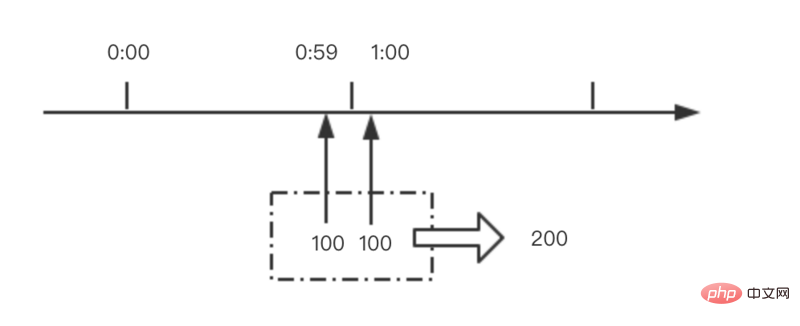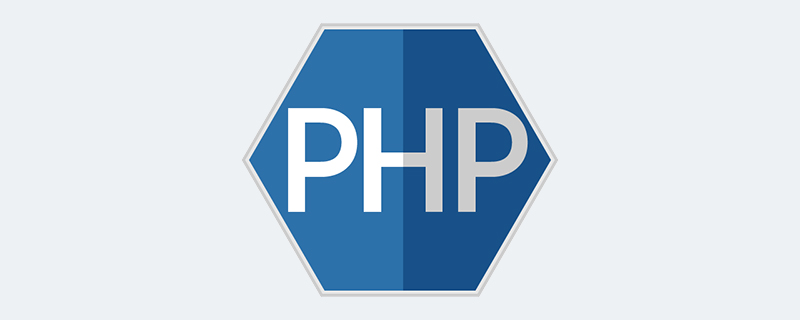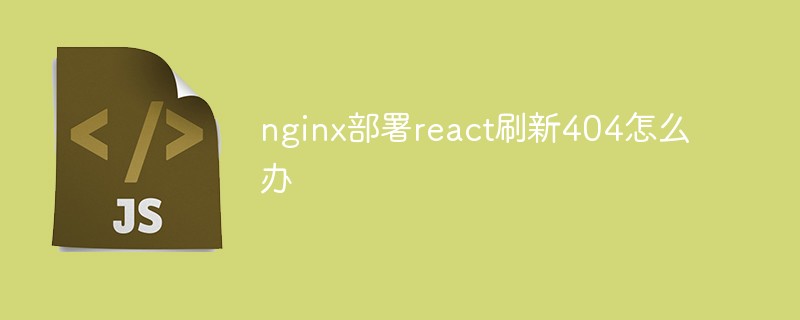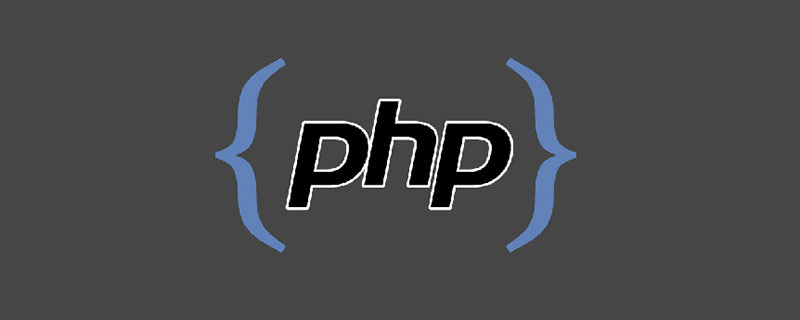 Backend Development
Backend Development PHP Tutorial
PHP Tutorial Plug-in extensions for PHP applications via Docker Compose, Nginx and MariaDB
Plug-in extensions for PHP applications via Docker Compose, Nginx and MariaDB
Plug-in extension of PHP applications through Docker Compose, Nginx and MariaDB
In modern web development, it is often necessary to use various plug-ins to extend applications Function. Plug-in extensions for PHP applications can be easily implemented using a combination of Docker Compose, Nginx and MariaDB. This article will introduce how to set up this environment and give specific code examples.
- Installing Docker and Docker Compose
First, make sure Docker and Docker Compose are installed on your computer. You can choose the corresponding installation method according to different operating systems. After the installation is complete, you can use the following command to verify whether the installation is successful:
docker --version docker-compose --version
- Create a Docker Compose configuration file
Create a file named docker-compose.yml in the root directory of the project file and add the following content:
version: '3'
services:
web:
build:
context: .
dockerfile: Dockerfile
volumes:
- .:/var/www/html
ports:
- 8080:80
links:
- db
db:
image: mariadb
environment:
MYSQL_ROOT_PASSWORD: secretThis configuration file defines two services: web and db. The web service is our PHP application, served through Nginx. The db service is a MariaDB database service.
- Create Dockerfile
Create a file named Dockerfile in the root directory of the project and add the following content:
FROM php:7.4-fpm RUN docker-php-ext-install pdo_mysql
This Dockerfile defines the web service Use the image and install the pdo_mysql plug-in through the docker-php-ext-install command. You can add other plugins according to your needs.
- Create Nginx configuration file
Create a file named default.conf in the root directory of the project and add the following content:
server {
listen 80;
index index.php index.html;
server_name localhost;
root /var/www/html;
location / {
try_files $uri $uri/ /index.php?$args;
}
location ~ .php$ {
include fastcgi_params;
fastcgi_pass web:9000;
fastcgi_param SCRIPT_FILENAME $document_root$fastcgi_script_name;
fastcgi_param PATH_INFO $fastcgi_path_info;
}
}This configuration file The Nginx virtual host is defined and all requests are forwarded to the PHP interpreter provided by the web service. The root directory of the PHP script is /var/www/html.
- Run PHP application
Run the following command in the root directory of the project to start the Docker container:
docker-compose up -d
This command will be based on the docker-compose.yml configuration file Create and run the container.
- Connect to MariaDB database
You can use any database management tool to connect to the database service, such as phpMyAdmin or Navicat. The connection information is as follows:
Host: localhost Port: 3306 Username: root Password: secret
- Develop PHP Application
Now, you can create your PHP application in the root directory of the project. Place your PHP file in the /var/www/html directory, and it will be parsed and served by the Nginx server.
Summary:
Through the combination of Docker Compose, Nginx and MariaDB, we can easily build a PHP application development environment that can be extended by plug-ins. By defining Docker Compose configuration files, Dockerfile and Nginx configuration files, and writing and configuring them accordingly, we can quickly build a usable development environment and easily extend plug-ins for PHP applications.
The sample code is derived from official documents and commonly used open source projects, and can be modified and expanded according to your own needs. I hope this article is helpful to you and can speed up your PHP application development and plug-in extension work.
The above is the detailed content of Plug-in extensions for PHP applications via Docker Compose, Nginx and MariaDB. For more information, please follow other related articles on the PHP Chinese website!
 内存飙升!记一次nginx拦截爬虫Mar 30, 2023 pm 04:35 PM
内存飙升!记一次nginx拦截爬虫Mar 30, 2023 pm 04:35 PM本篇文章给大家带来了关于nginx的相关知识,其中主要介绍了nginx拦截爬虫相关的,感兴趣的朋友下面一起来看一下吧,希望对大家有帮助。
 nginx限流模块源码分析May 11, 2023 pm 06:16 PM
nginx限流模块源码分析May 11, 2023 pm 06:16 PM高并发系统有三把利器:缓存、降级和限流;限流的目的是通过对并发访问/请求进行限速来保护系统,一旦达到限制速率则可以拒绝服务(定向到错误页)、排队等待(秒杀)、降级(返回兜底数据或默认数据);高并发系统常见的限流有:限制总并发数(数据库连接池)、限制瞬时并发数(如nginx的limit_conn模块,用来限制瞬时并发连接数)、限制时间窗口内的平均速率(nginx的limit_req模块,用来限制每秒的平均速率);另外还可以根据网络连接数、网络流量、cpu或内存负载等来限流。1.限流算法最简单粗暴的
 nginx php403错误怎么解决Nov 23, 2022 am 09:59 AM
nginx php403错误怎么解决Nov 23, 2022 am 09:59 AMnginx php403错误的解决办法:1、修改文件权限或开启selinux;2、修改php-fpm.conf,加入需要的文件扩展名;3、修改php.ini内容为“cgi.fix_pathinfo = 0”;4、重启php-fpm即可。
 nginx+rsync+inotify怎么配置实现负载均衡May 11, 2023 pm 03:37 PM
nginx+rsync+inotify怎么配置实现负载均衡May 11, 2023 pm 03:37 PM实验环境前端nginx:ip192.168.6.242,对后端的wordpress网站做反向代理实现复杂均衡后端nginx:ip192.168.6.36,192.168.6.205都部署wordpress,并使用相同的数据库1、在后端的两个wordpress上配置rsync+inotify,两服务器都开启rsync服务,并且通过inotify分别向对方同步数据下面配置192.168.6.205这台服务器vim/etc/rsyncd.confuid=nginxgid=nginxport=873ho
 如何解决跨域?常见解决方案浅析Apr 25, 2023 pm 07:57 PM
如何解决跨域?常见解决方案浅析Apr 25, 2023 pm 07:57 PM跨域是开发中经常会遇到的一个场景,也是面试中经常会讨论的一个问题。掌握常见的跨域解决方案及其背后的原理,不仅可以提高我们的开发效率,还能在面试中表现的更加
 nginx部署react刷新404怎么办Jan 03, 2023 pm 01:41 PM
nginx部署react刷新404怎么办Jan 03, 2023 pm 01:41 PMnginx部署react刷新404的解决办法:1、修改Nginx配置为“server {listen 80;server_name https://www.xxx.com;location / {root xxx;index index.html index.htm;...}”;2、刷新路由,按当前路径去nginx加载页面即可。
 nginx怎么禁止访问phpNov 22, 2022 am 09:52 AM
nginx怎么禁止访问phpNov 22, 2022 am 09:52 AMnginx禁止访问php的方法:1、配置nginx,禁止解析指定目录下的指定程序;2、将“location ~^/images/.*\.(php|php5|sh|pl|py)${deny all...}”语句放置在server标签内即可。
 Linux系统下如何为Nginx安装多版本PHPMay 11, 2023 pm 07:34 PM
Linux系统下如何为Nginx安装多版本PHPMay 11, 2023 pm 07:34 PMlinux版本:64位centos6.4nginx版本:nginx1.8.0php版本:php5.5.28&php5.4.44注意假如php5.5是主版本已经安装在/usr/local/php目录下,那么再安装其他版本的php再指定不同安装目录即可。安装php#wgethttp://cn2.php.net/get/php-5.4.44.tar.gz/from/this/mirror#tarzxvfphp-5.4.44.tar.gz#cdphp-5.4.44#./configure--pr


Hot AI Tools

Undresser.AI Undress
AI-powered app for creating realistic nude photos

AI Clothes Remover
Online AI tool for removing clothes from photos.

Undress AI Tool
Undress images for free

Clothoff.io
AI clothes remover

AI Hentai Generator
Generate AI Hentai for free.

Hot Article

Hot Tools

SAP NetWeaver Server Adapter for Eclipse
Integrate Eclipse with SAP NetWeaver application server.

Dreamweaver Mac version
Visual web development tools

ZendStudio 13.5.1 Mac
Powerful PHP integrated development environment

Atom editor mac version download
The most popular open source editor

SublimeText3 Linux new version
SublimeText3 Linux latest version





